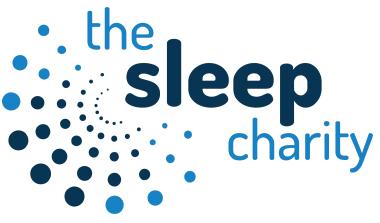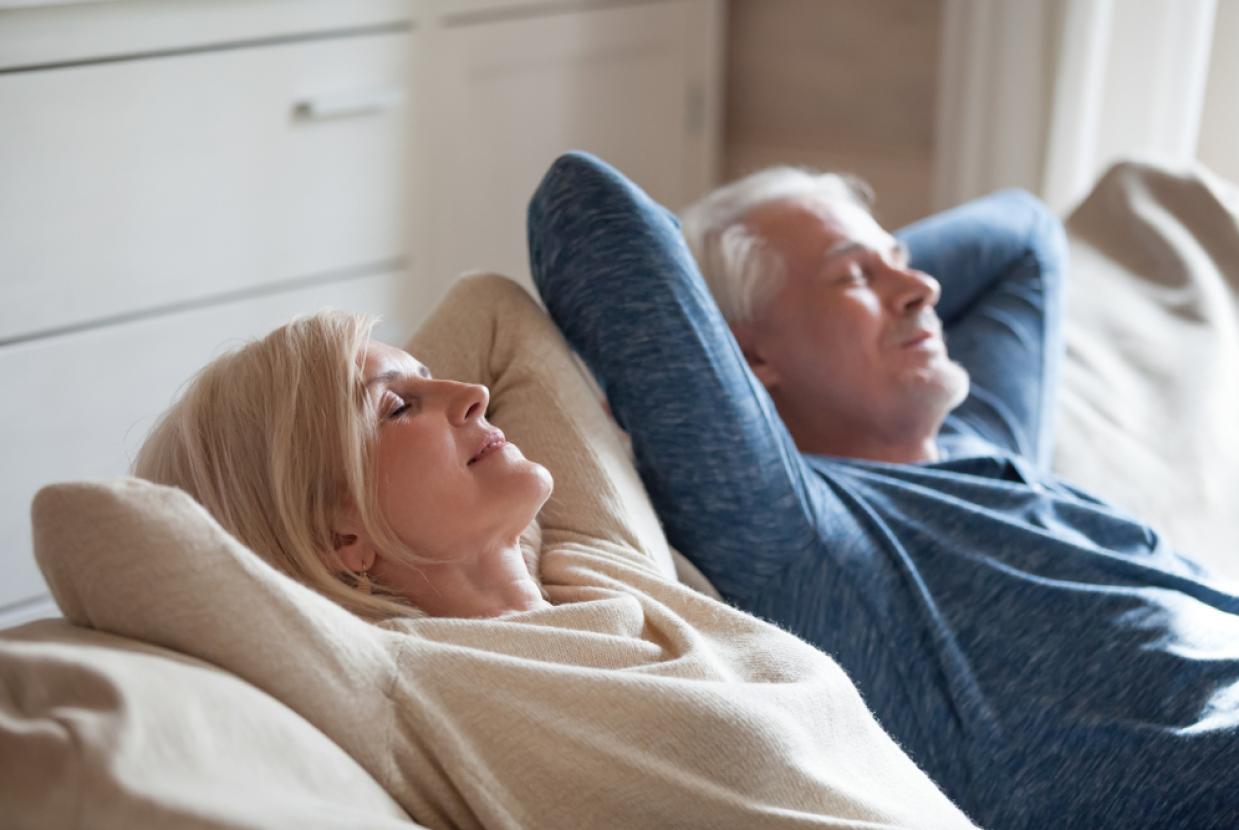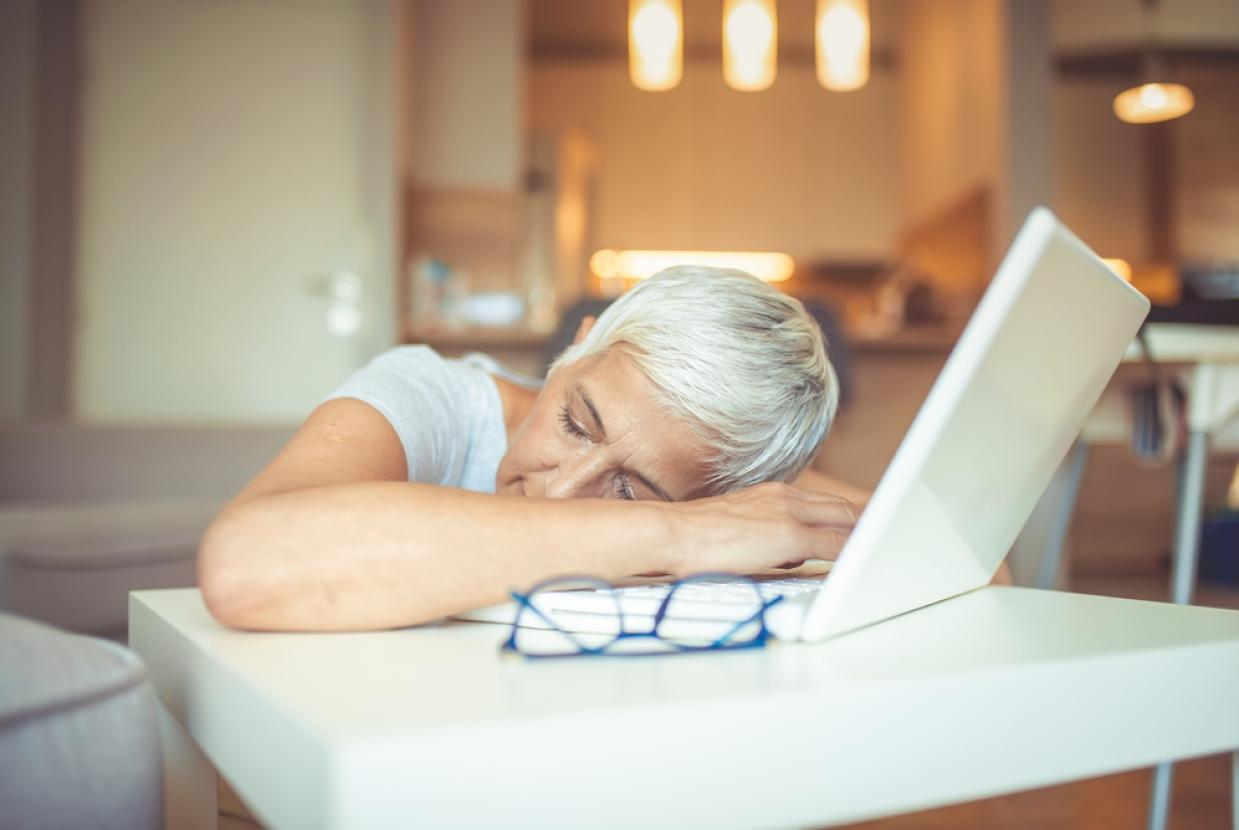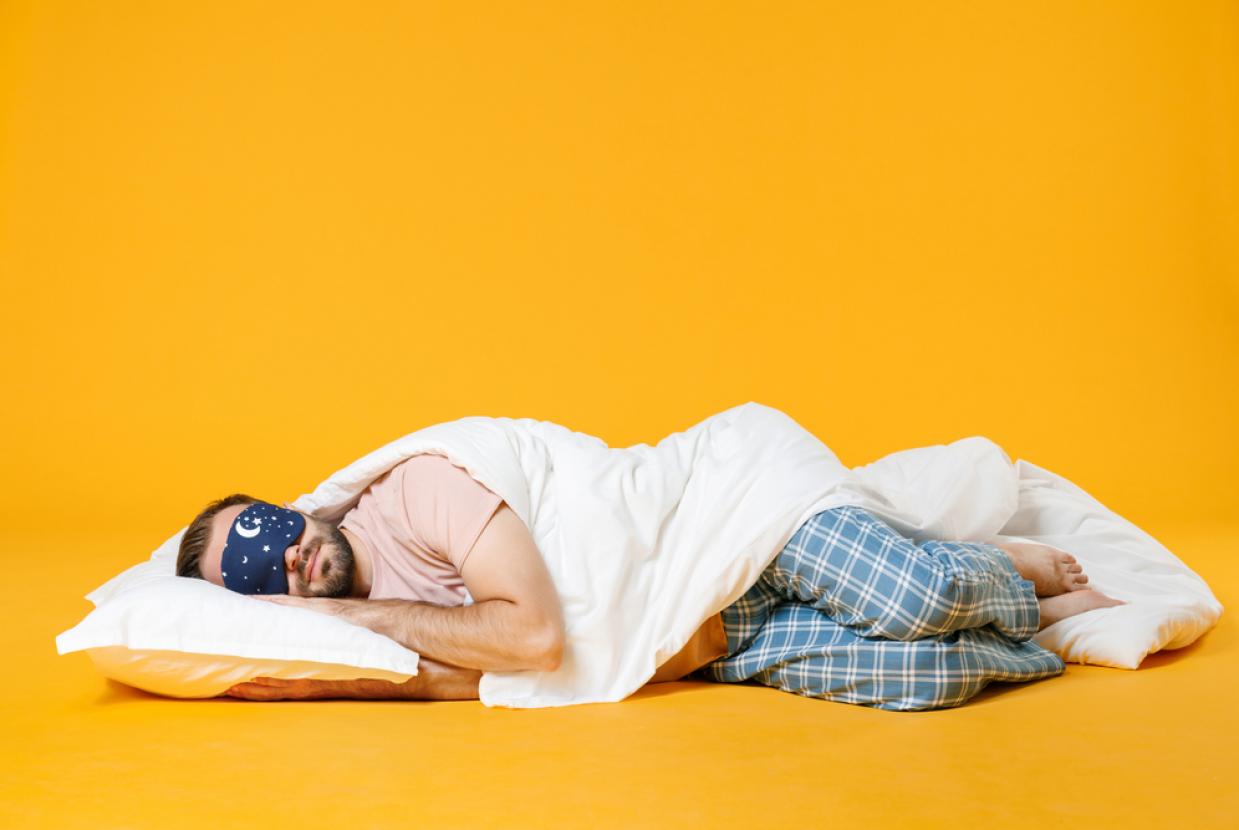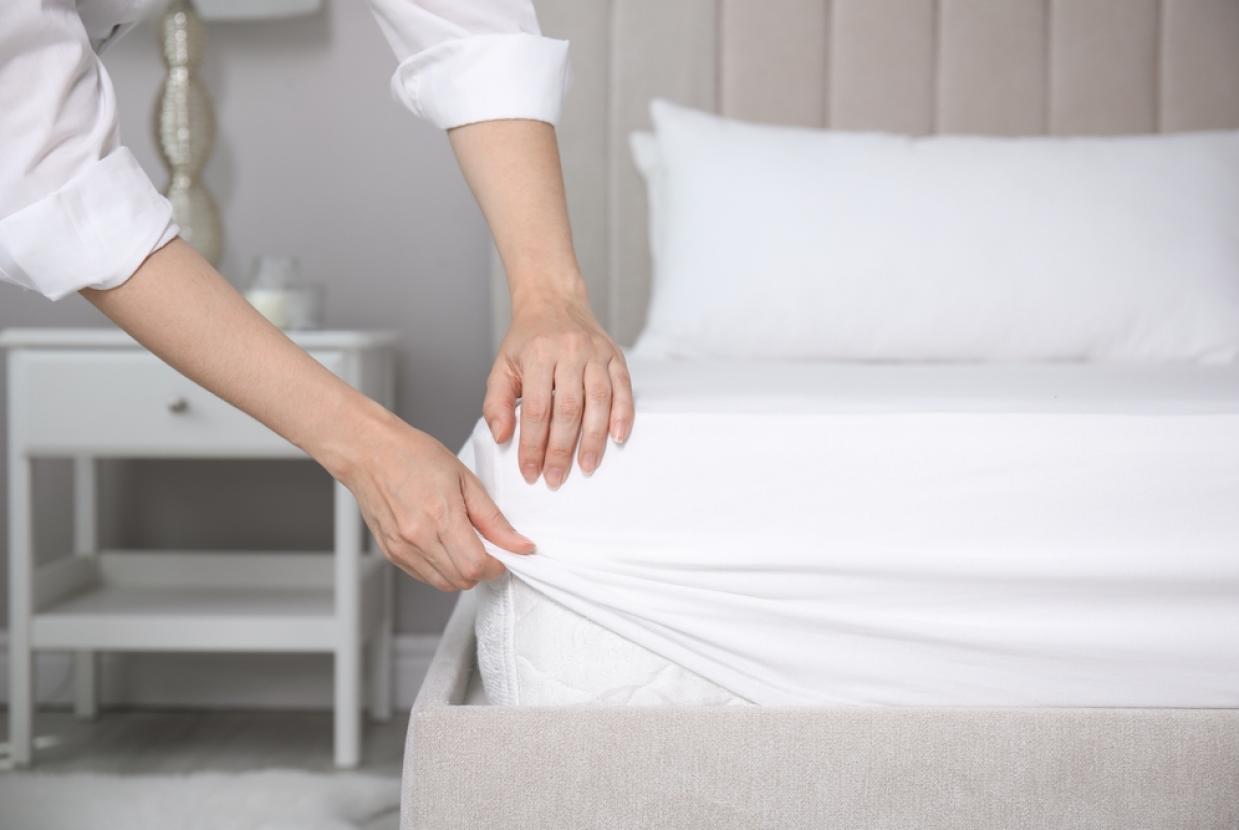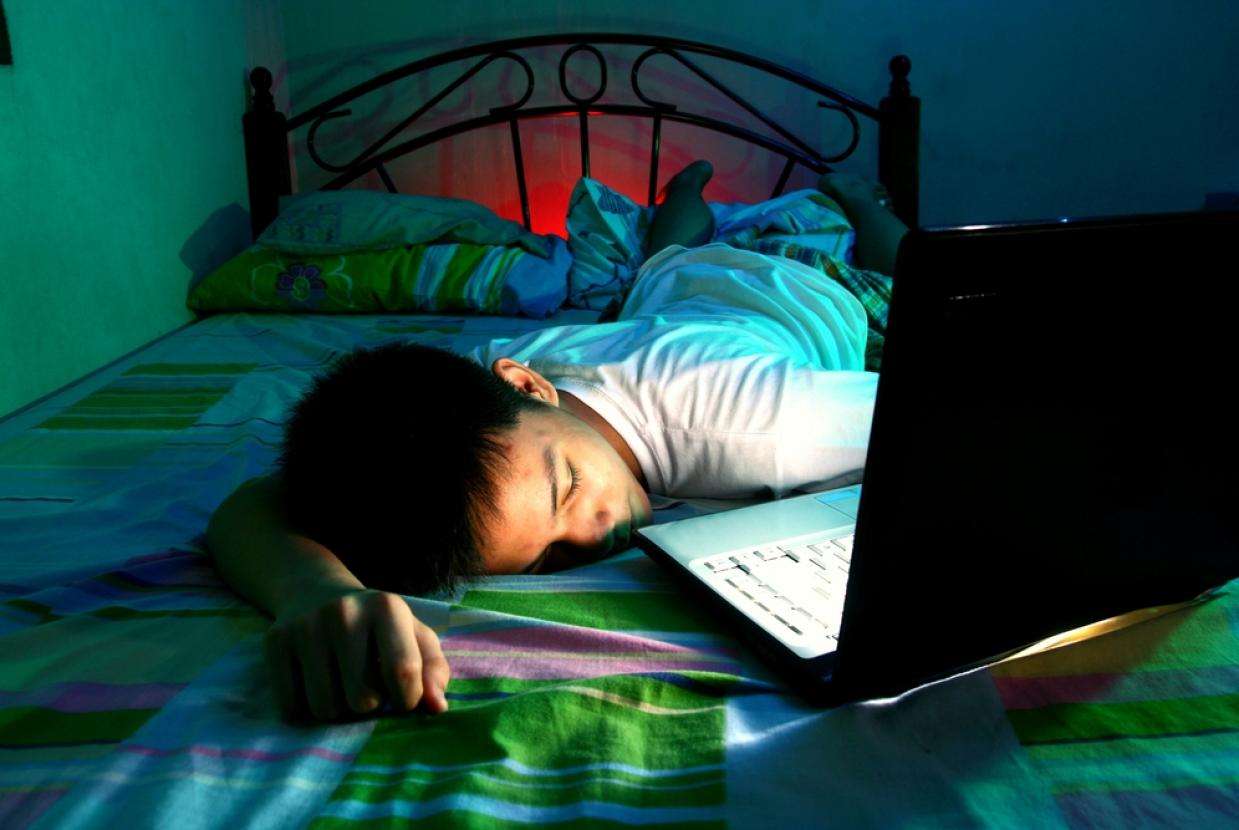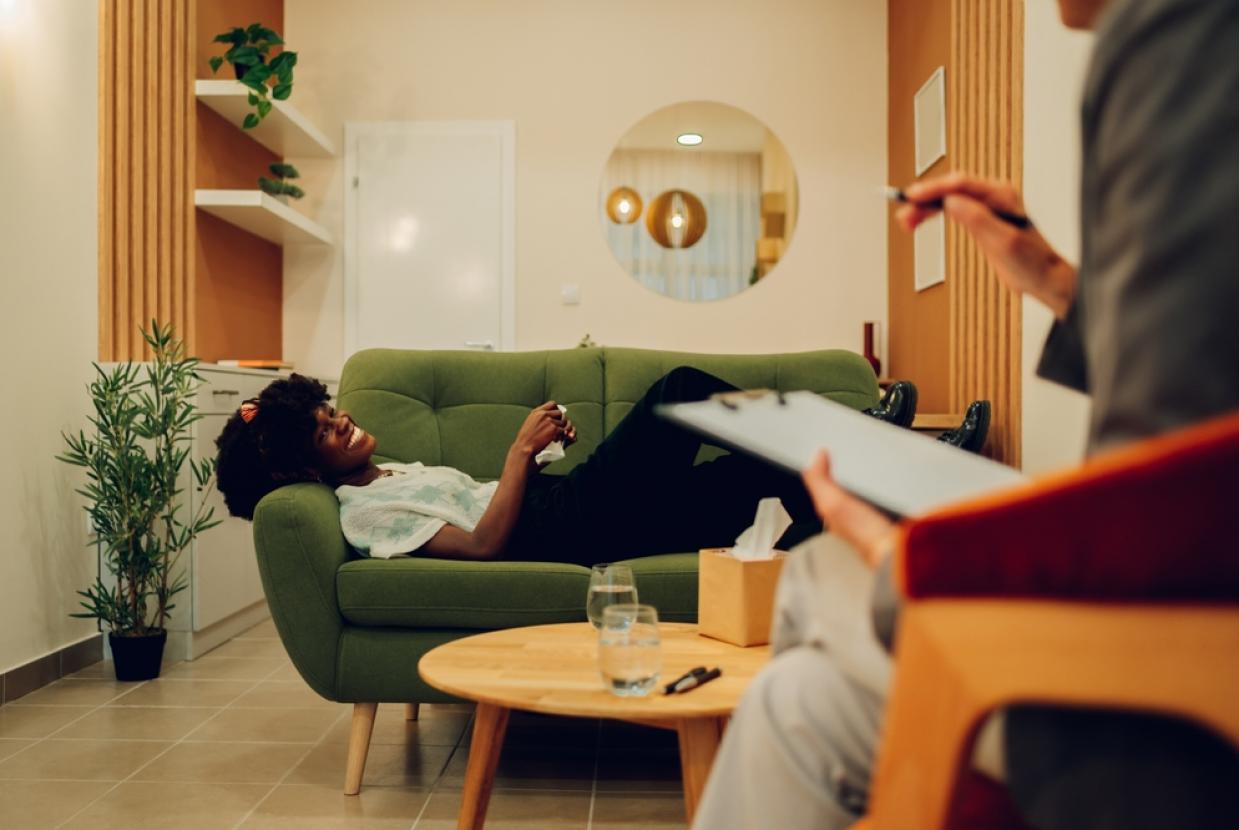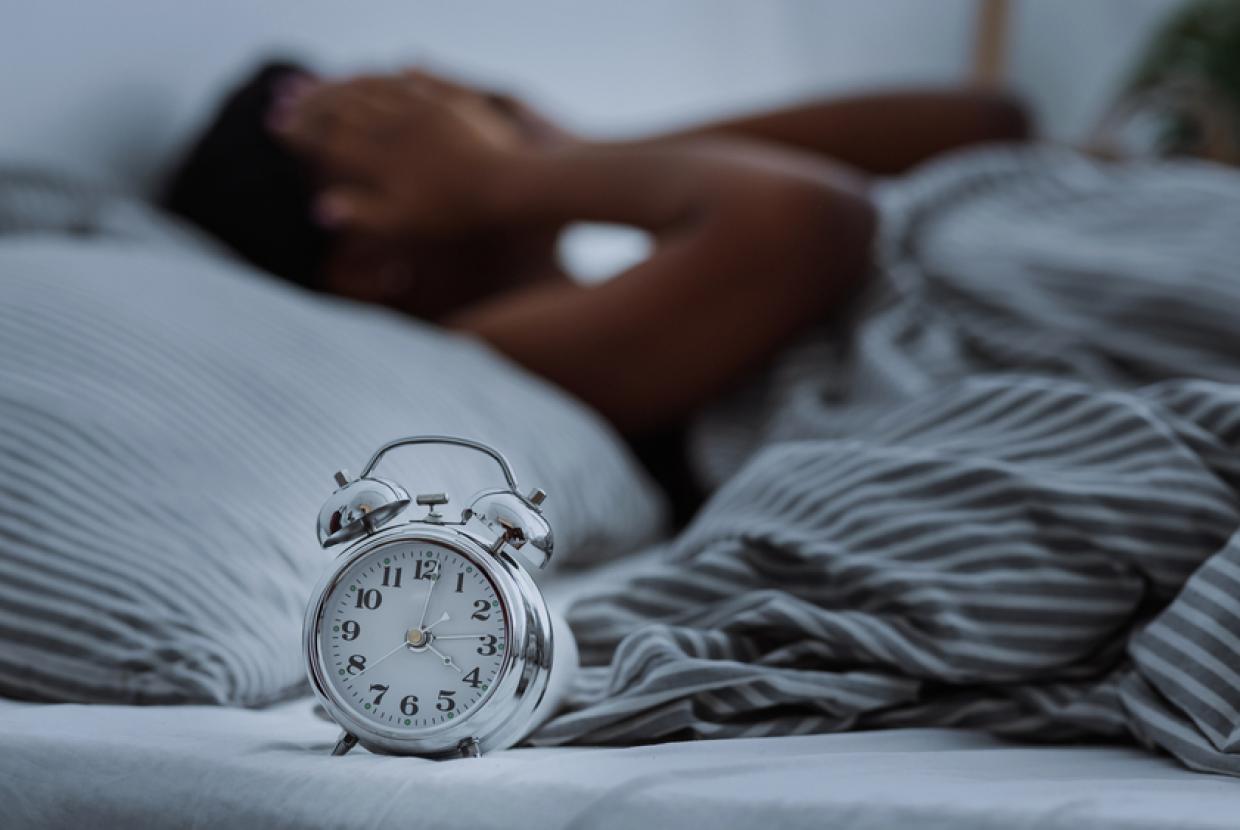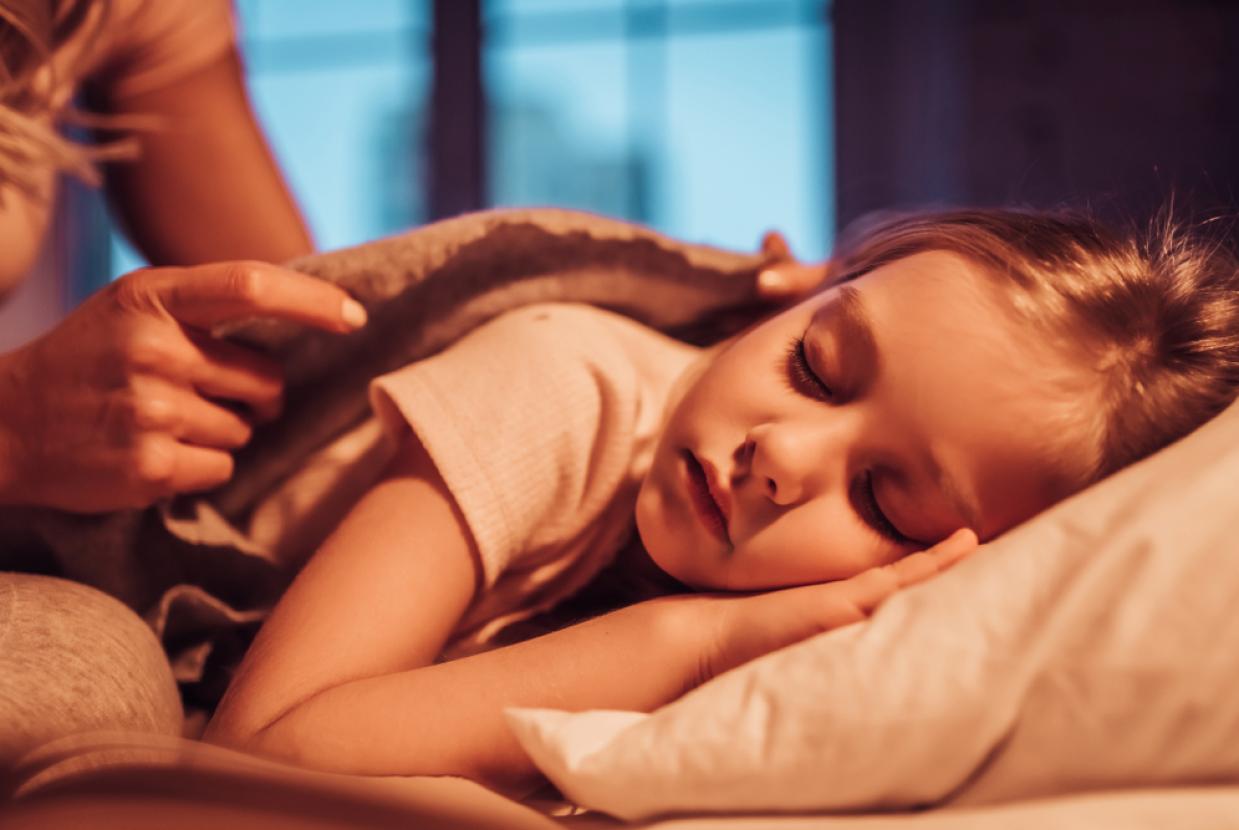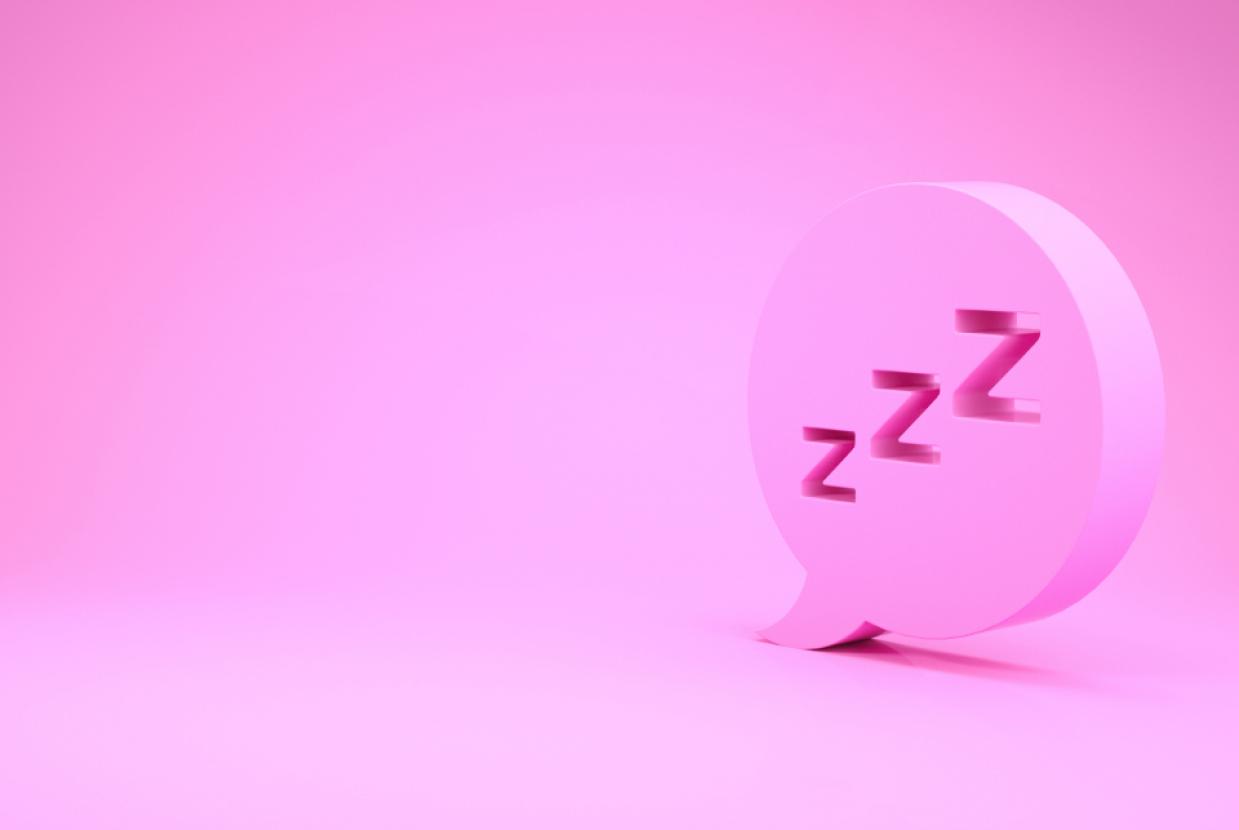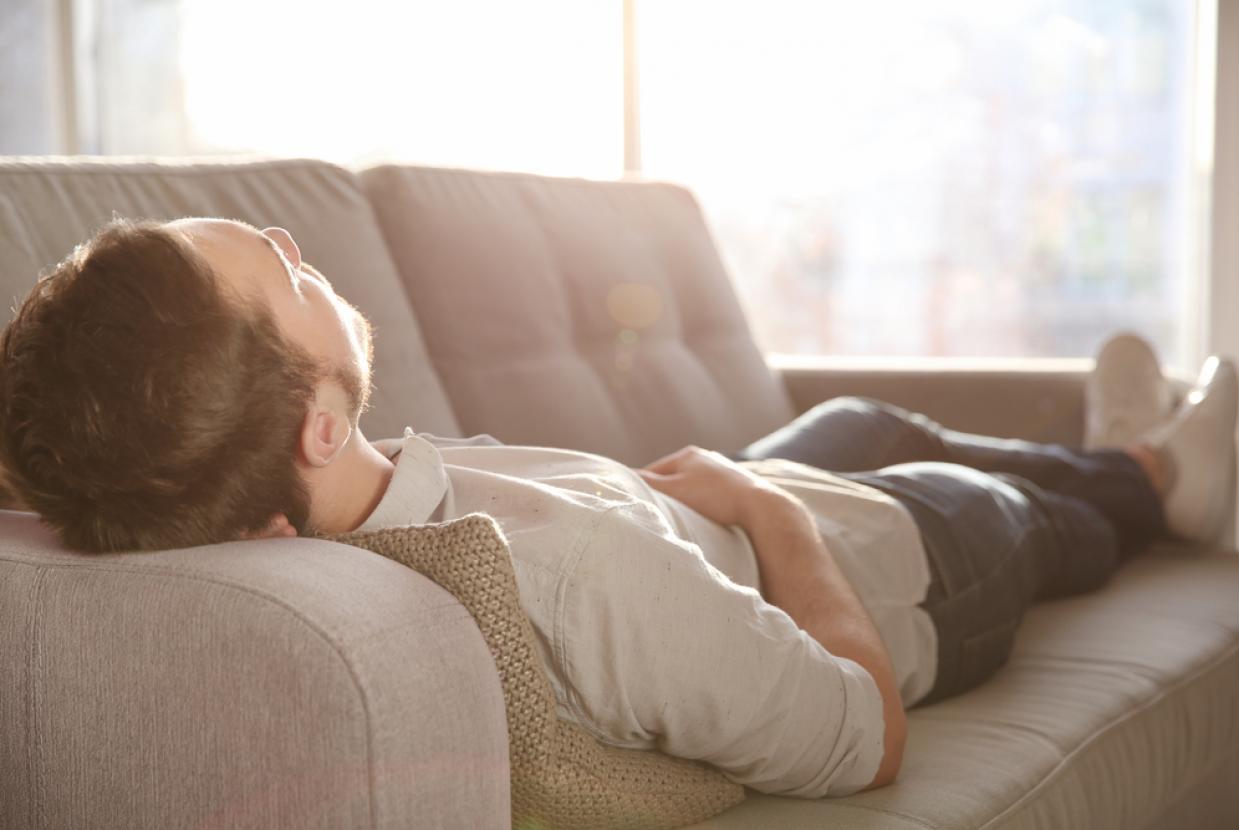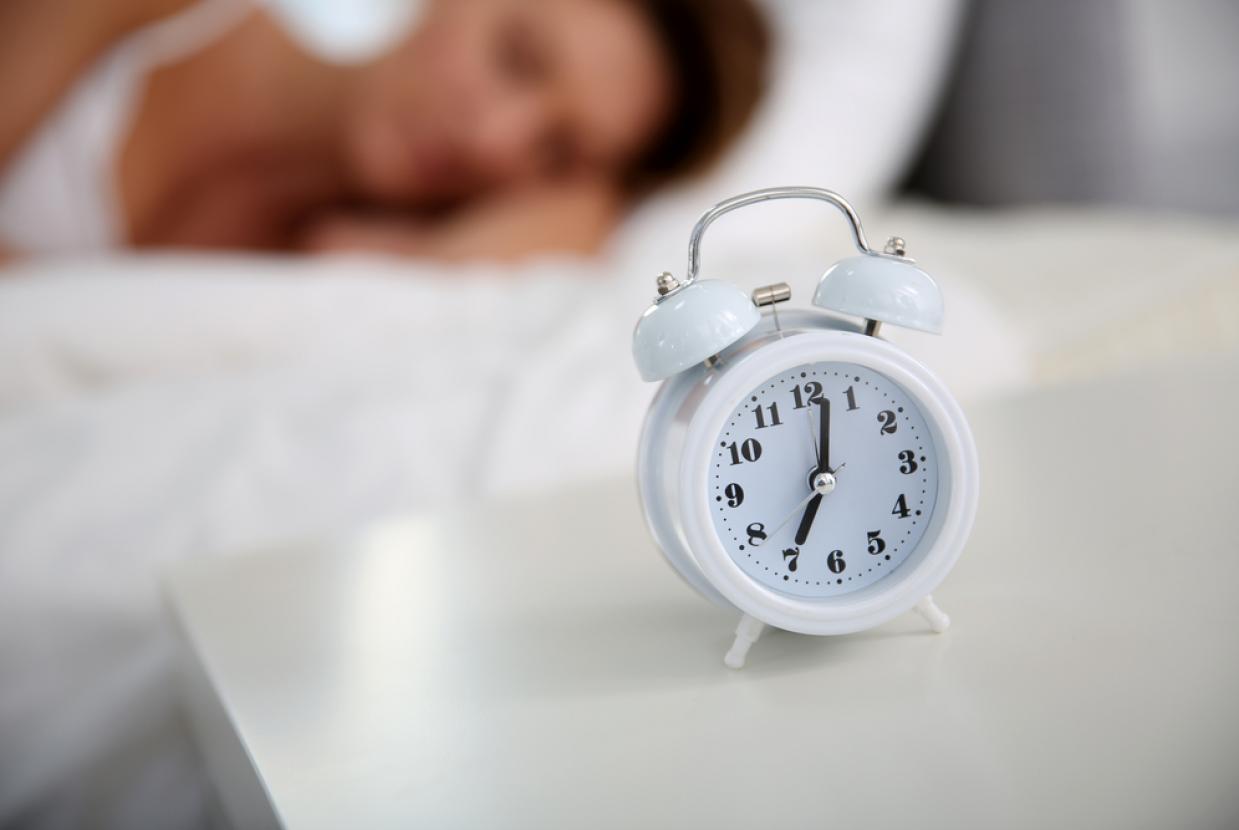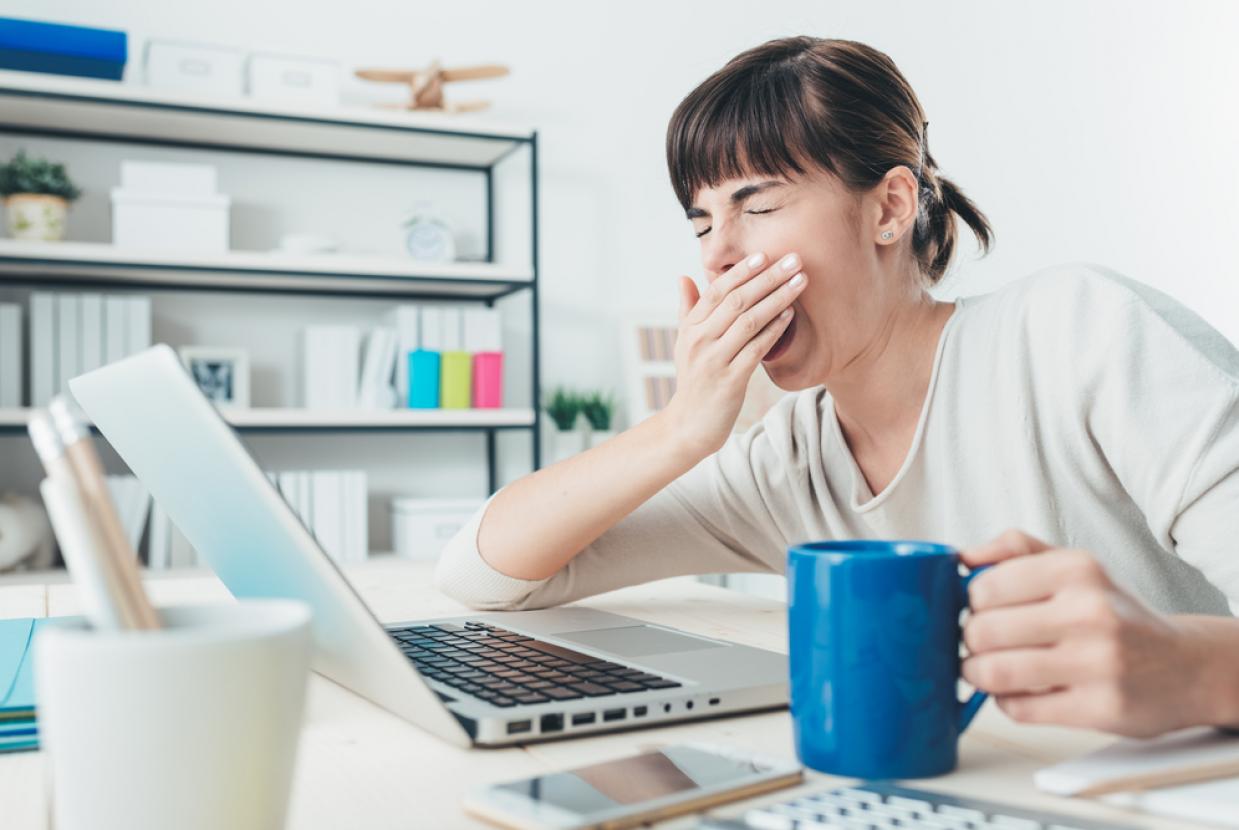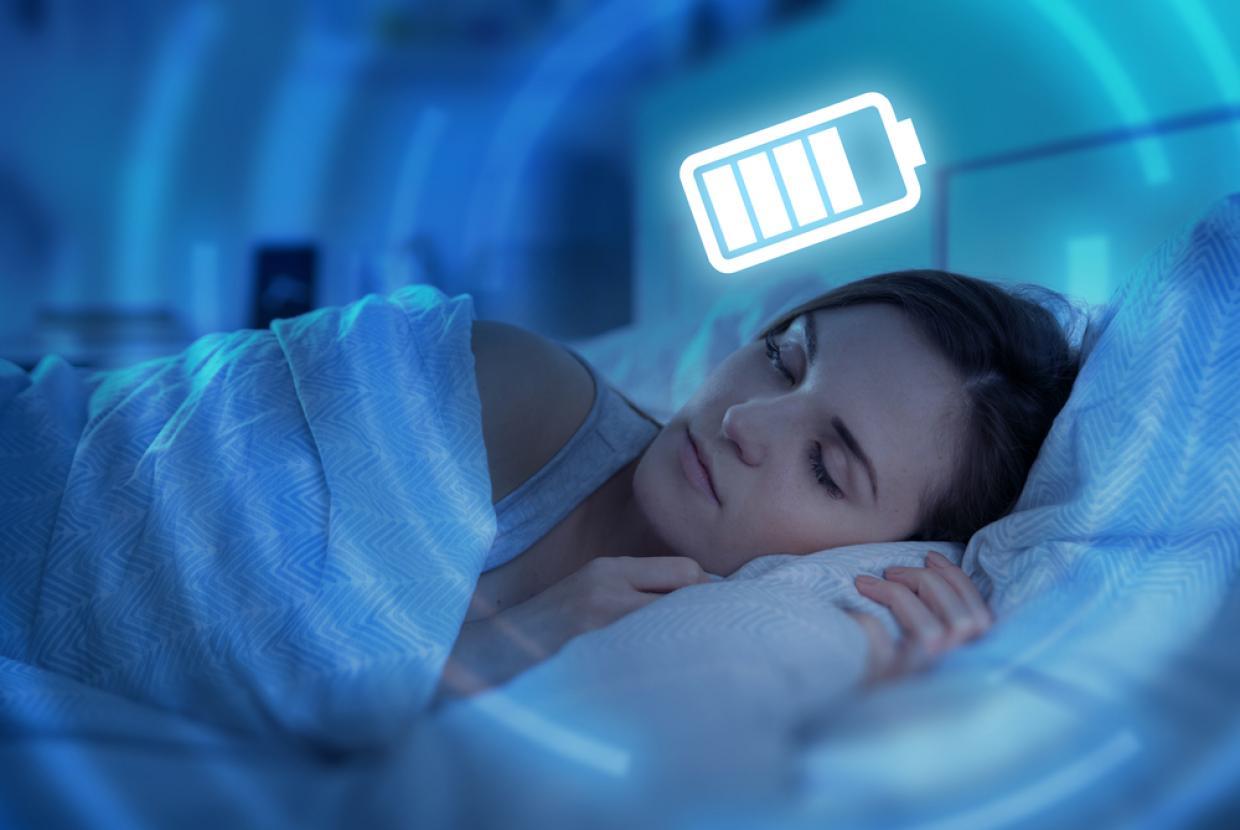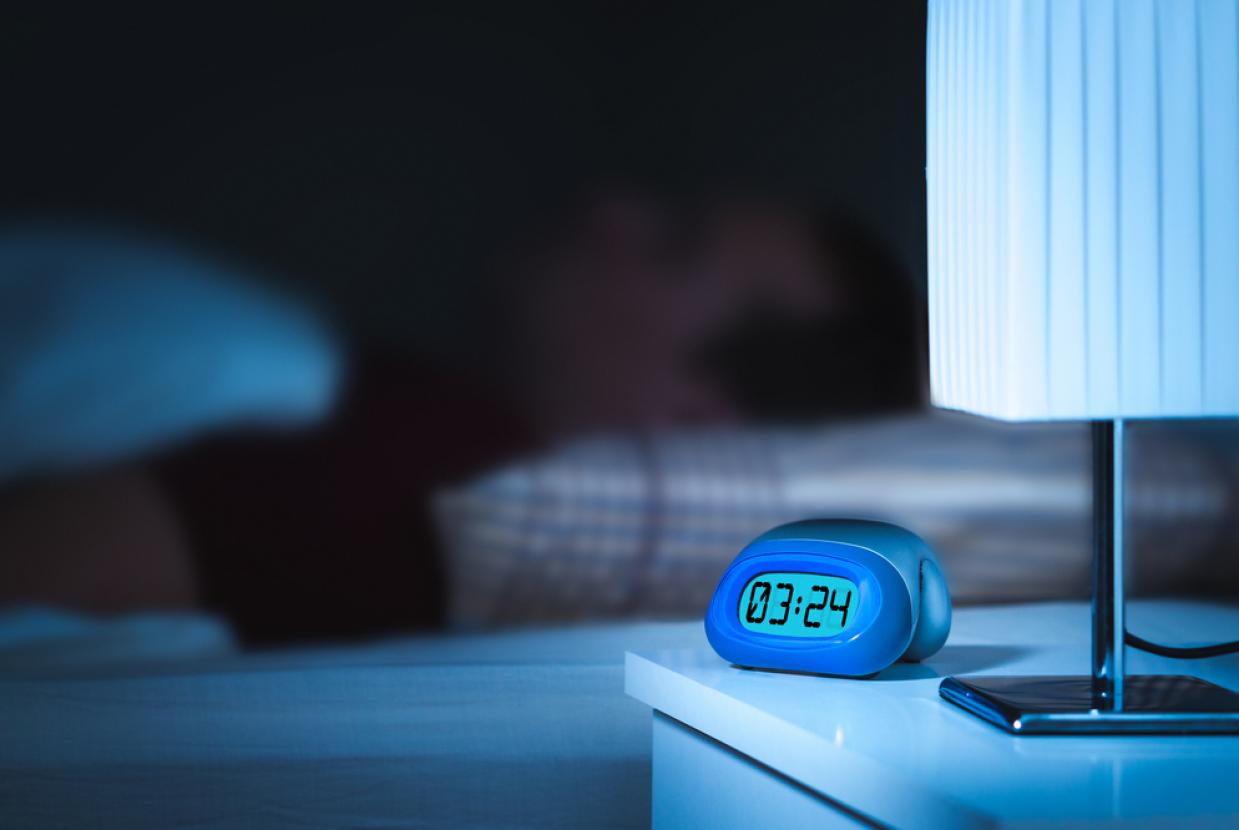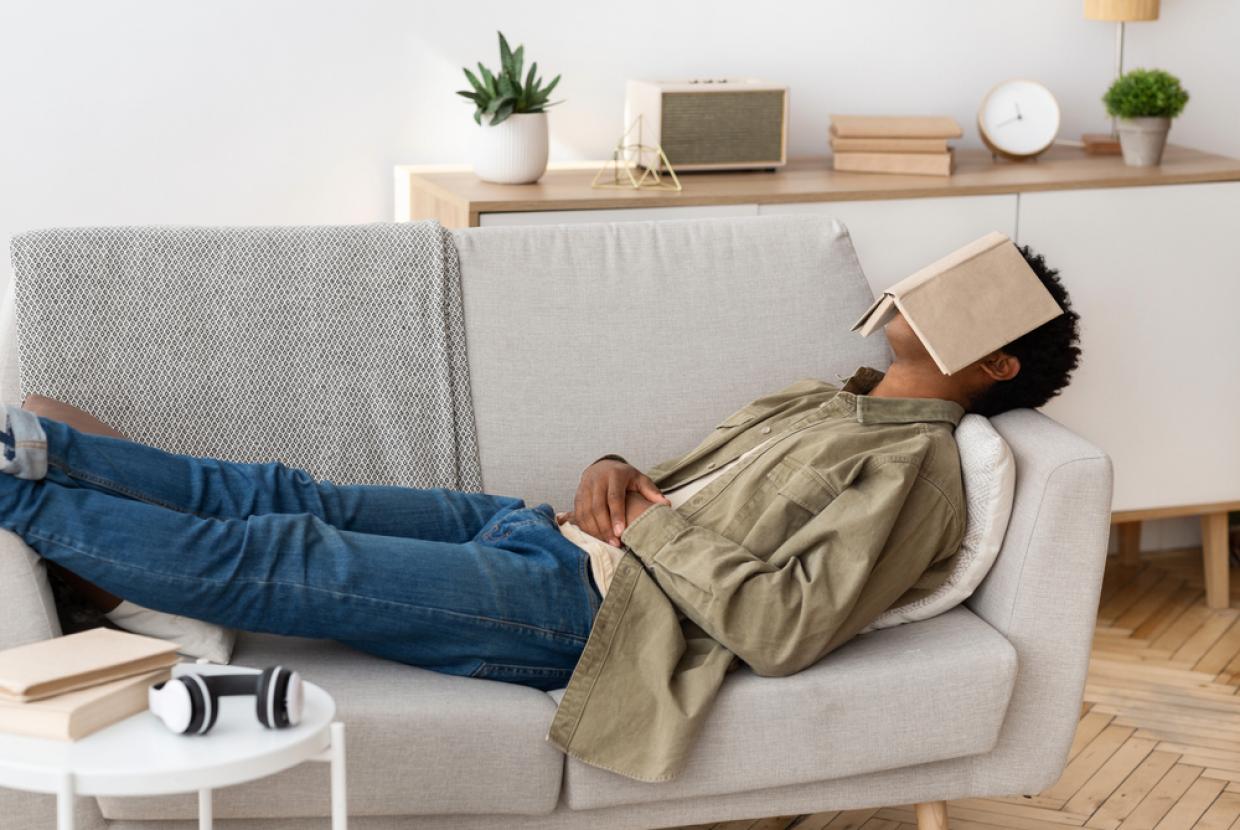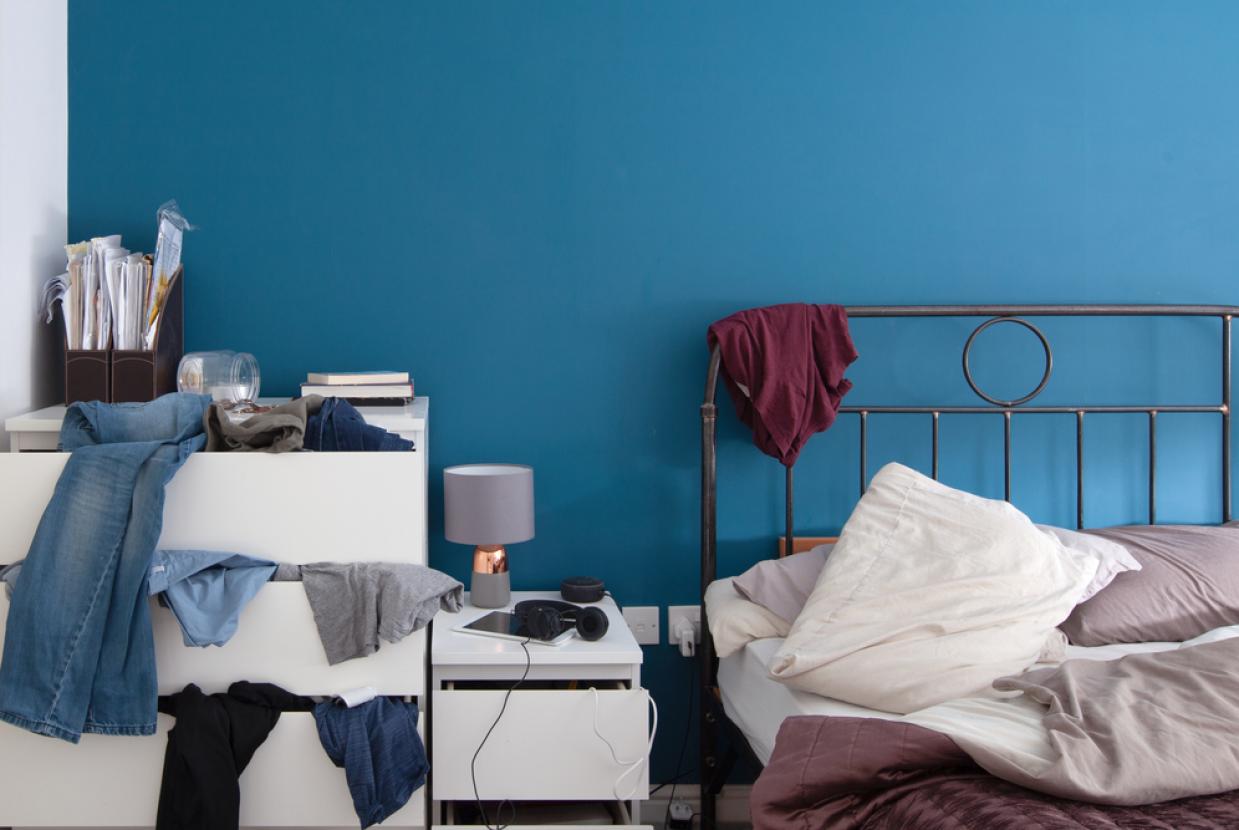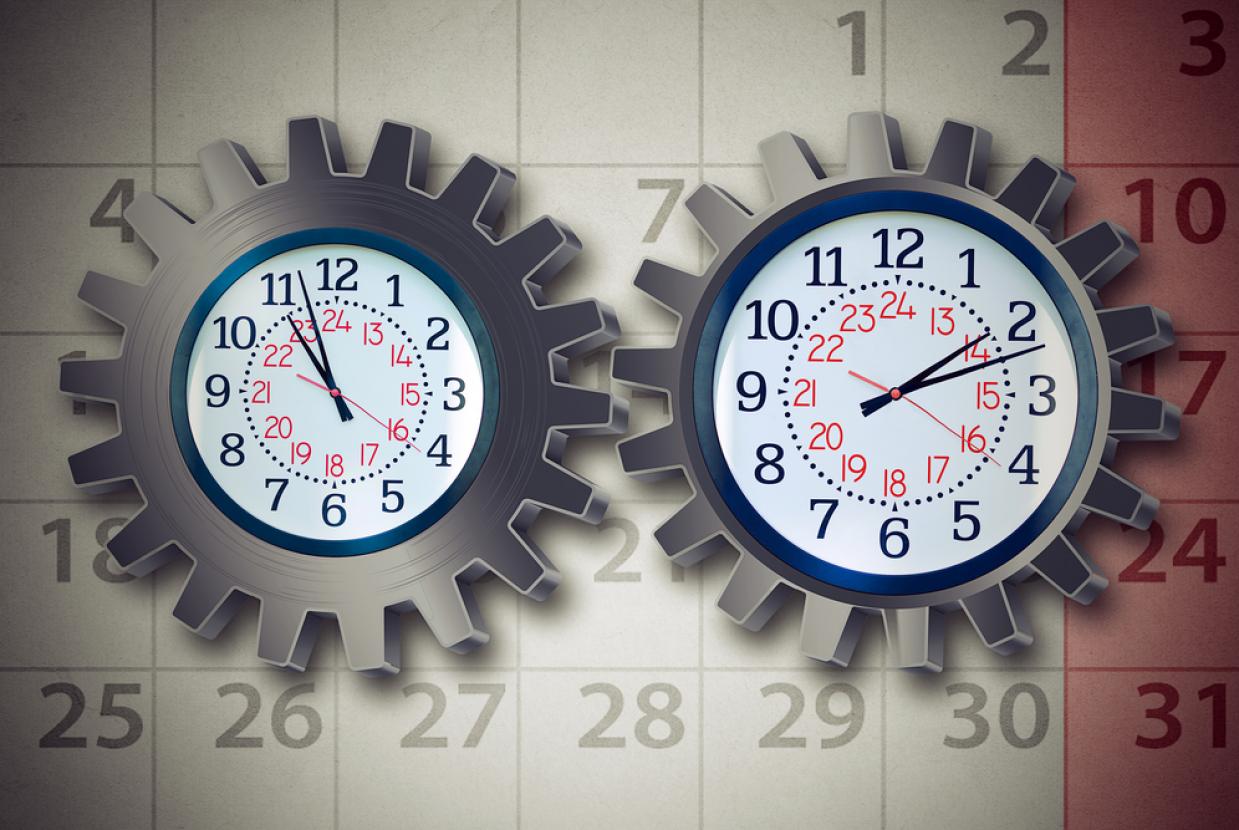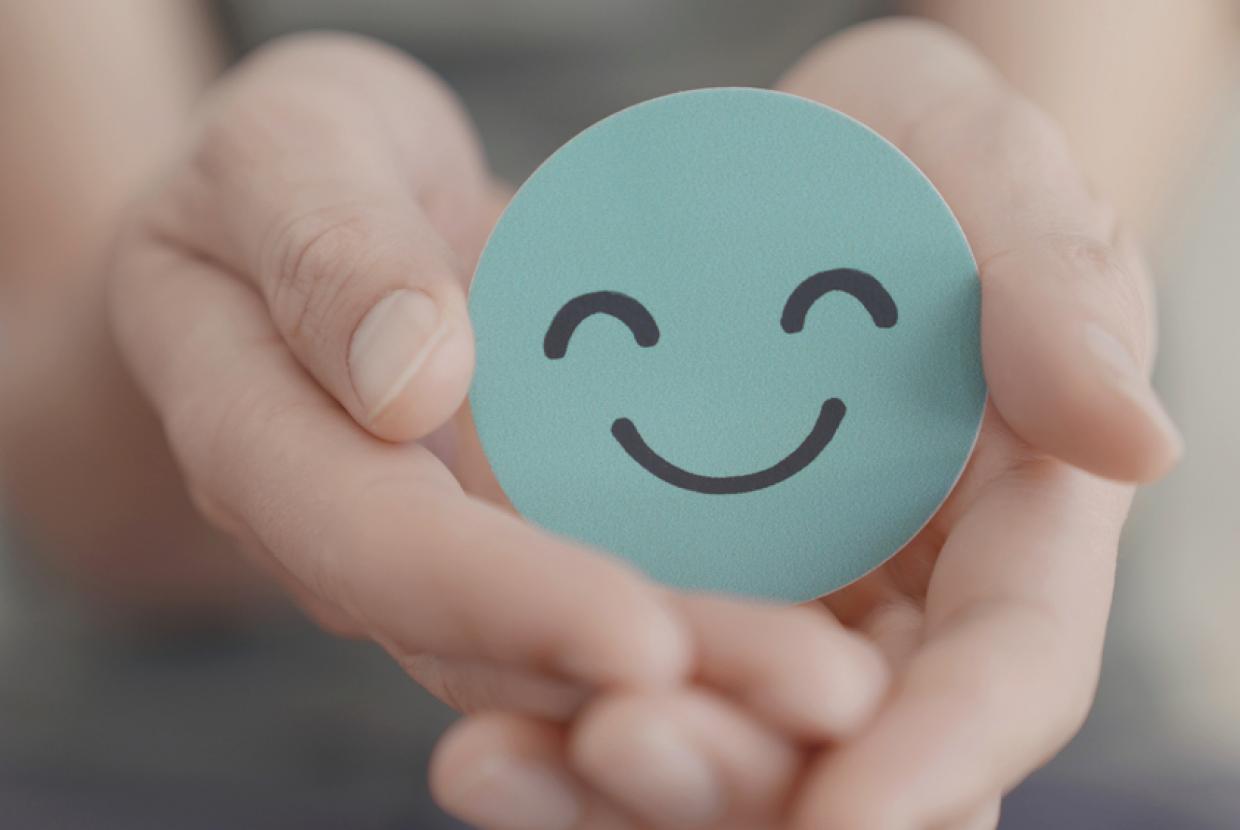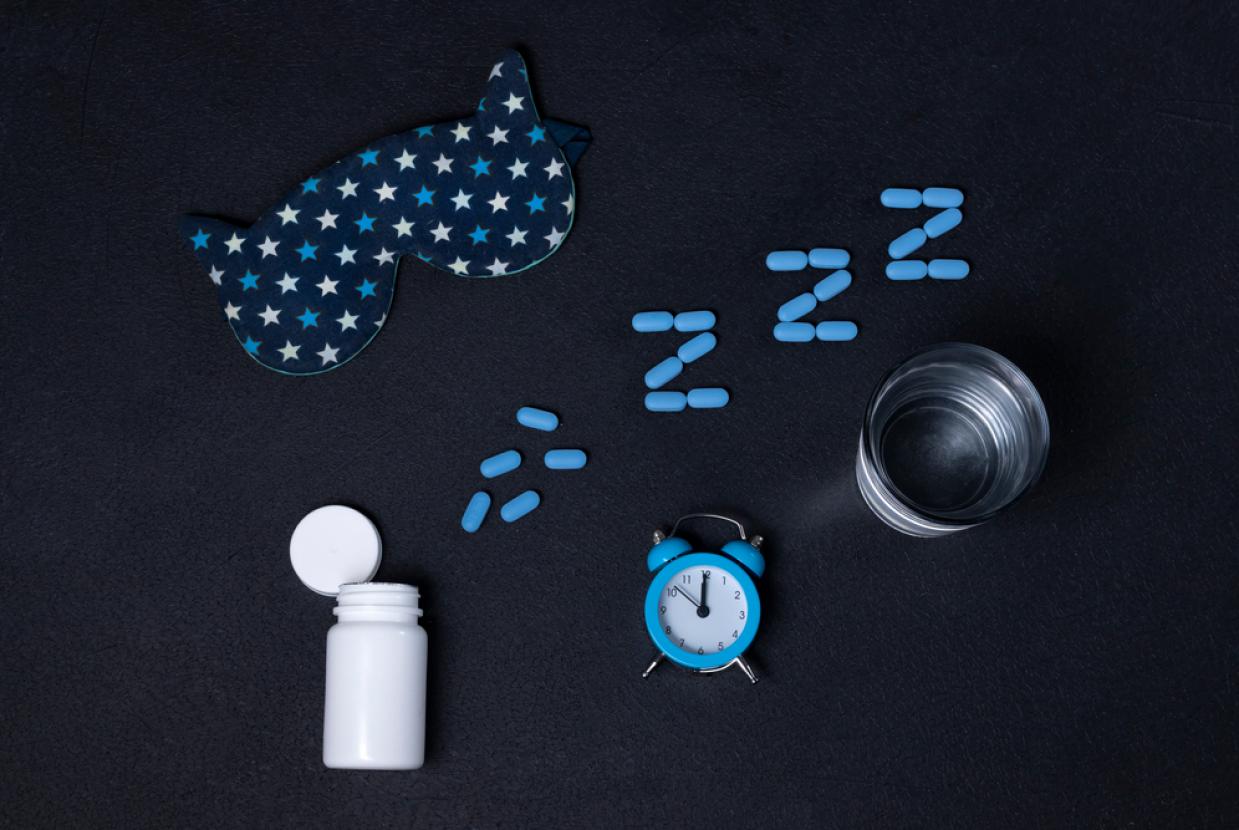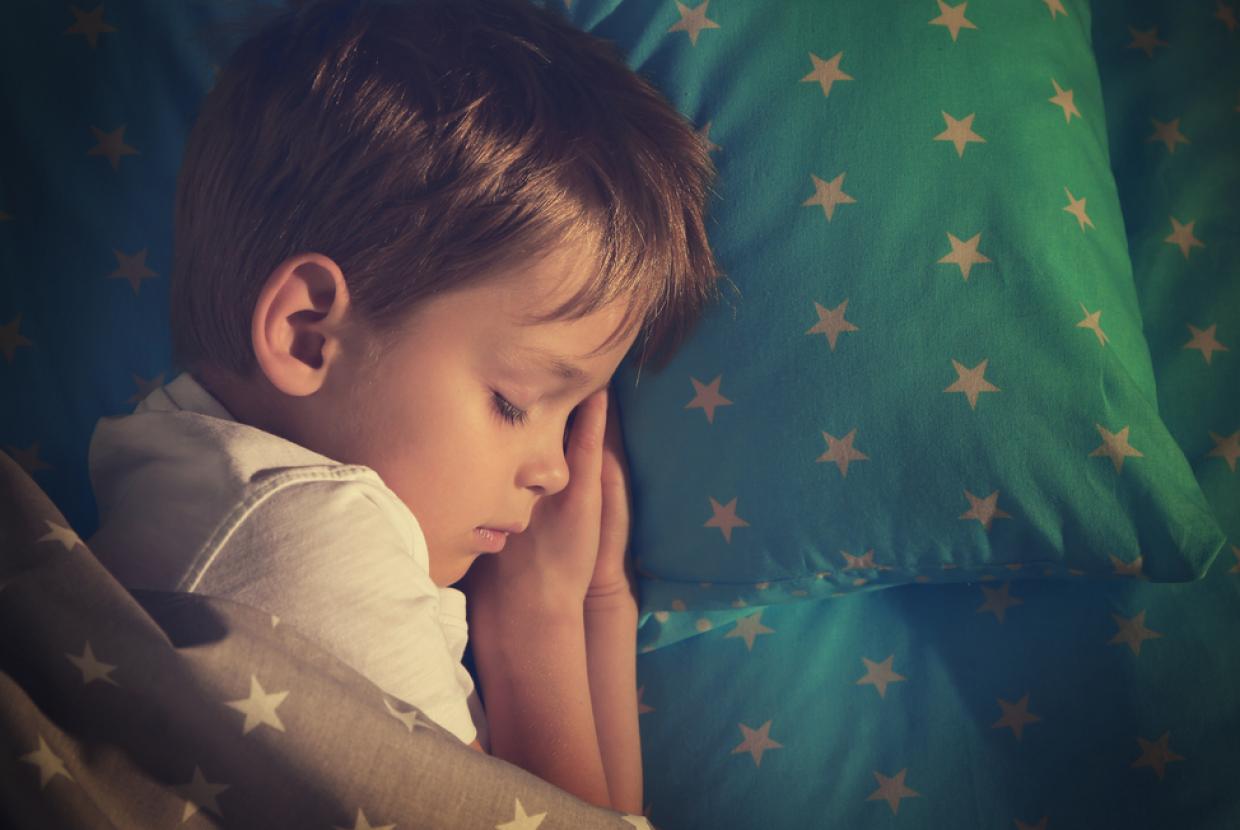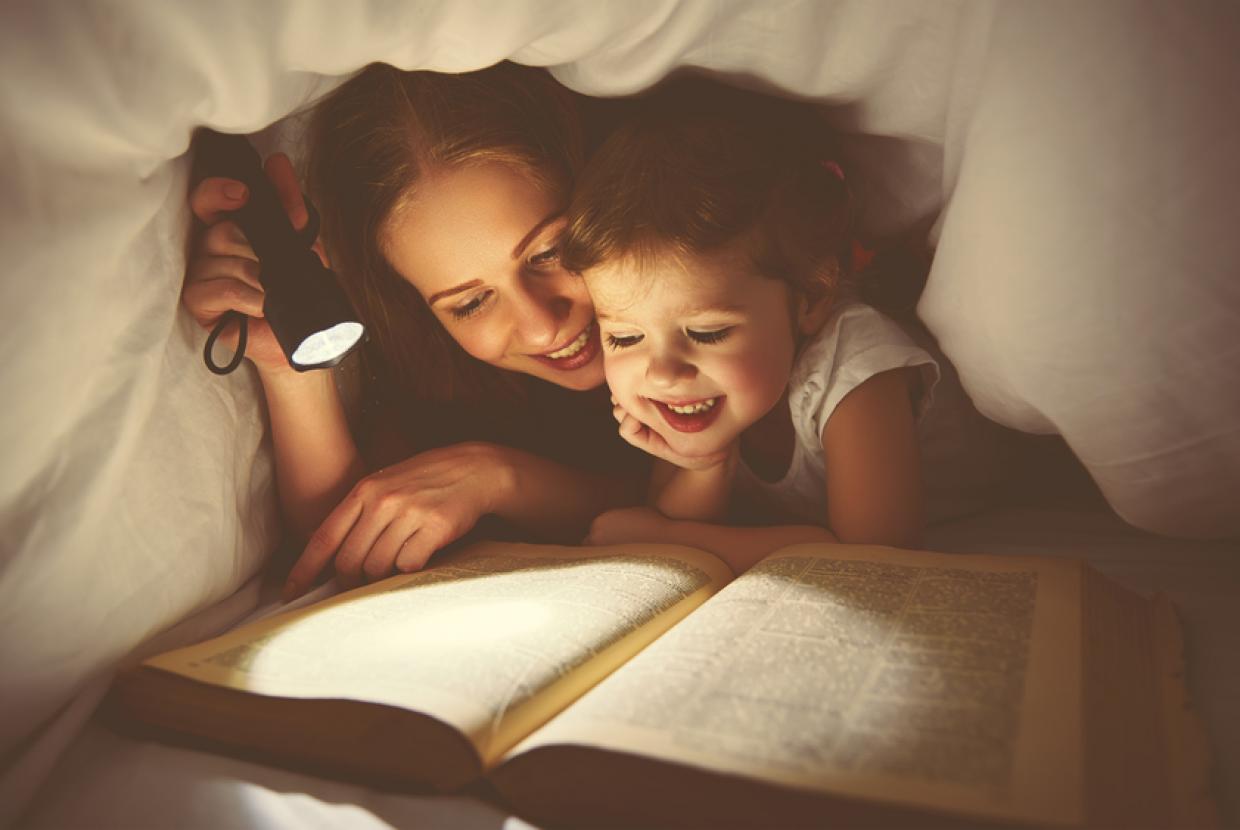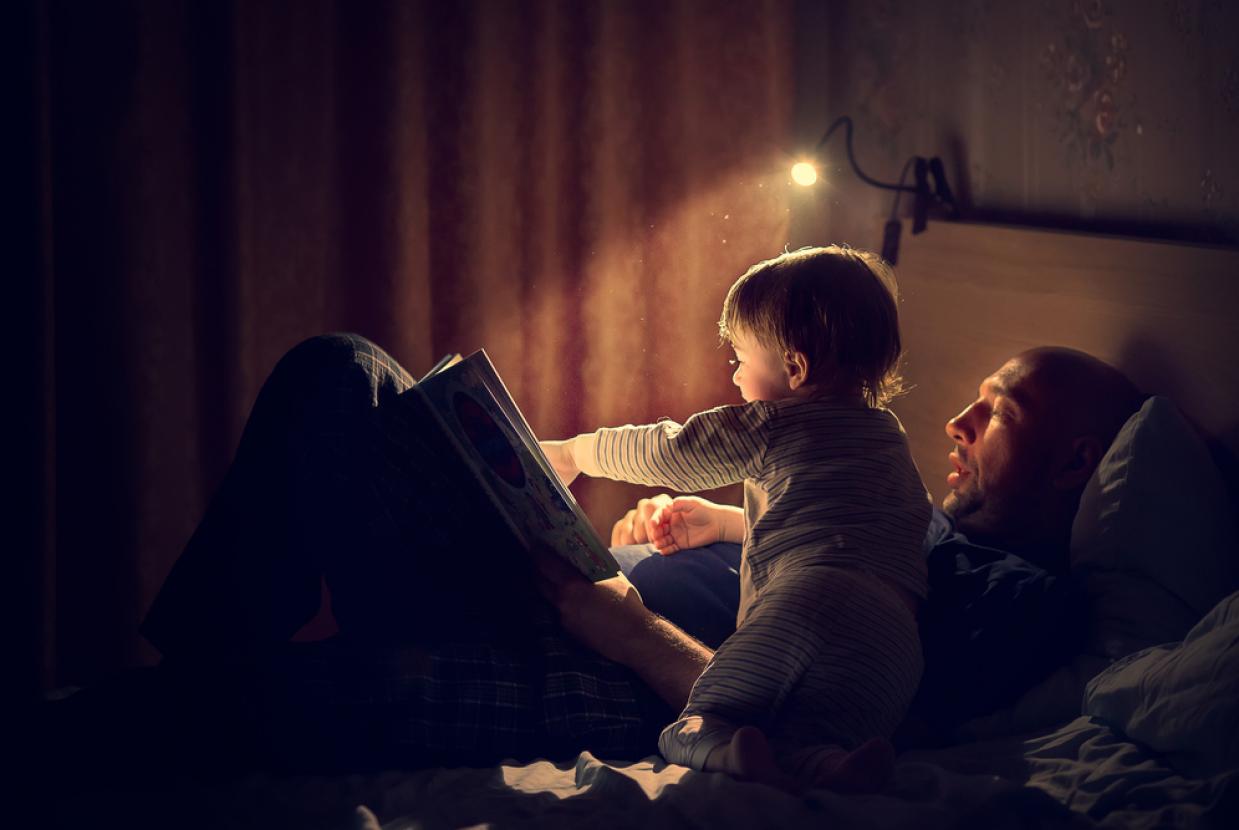Sleep Calculator
Sleeping BetterIn an ideal world you would wake up naturally and at the end of a sleep cycle.
Unfortunately with work, school runs or other commitments it’s not always possible to wake naturally and often an alarm. It can be hard to get out of bed when the alarm goes off but rather than you feeling tired because of lack of sleep, it could be because you’ve woken mid sleep cycle.
When you wake mid cycle, you are more likely to feel groggy and disorientated. The best way to make sure you wake at the end of a cycle is to work back from when you want to get up to get your ideal bedtime. Sleep cycles are around 90 minutes and we tend to go through around five a night.
How to work out the ideal bedtime
Multiply 90 minutes (each cycle time) by five (the number of sleep cycles per night) to get 450 minutes or 7.5 hours of sleep. (Four sleep cycles would give just six hours of sleep, six sleep cycles would give 9 hours of sleep per night)
If you need to wake up by 7am then count back 7.5 hours to find that bedtime is around 11.30pm. Make sure you’re in bed before then so you’re relaxed ready for sleep and allow yourself 15 minutes to drop off. You can use the sleep calculator to find the ideal bedtime for you.
It’s important to remember that the sleep calculator is just a guide to help you understand your sleep routine and to help you wake more refreshed. Always work on the knowledge on how you feel the next day after being asleep – if you wake feeling refreshed and ready to tackle, chances are you are sleeping just fine. If you wake feeling tired then it’s likely you need more sleep, or better-quality sleep.
Sleep Cycles
When we first fall asleep we enter non-rapid eye movement sleep (NREM). This is divided into three stages, with each becoming progressively deeper. NREM1 and NREM2 are light phases of sleep, from which we can be easily roused. NREM3 becomes deeper, and if woken up, we can feel disorientated. Following on from this is rapid eye movement sleep (REM), the stage at which we dream.
Each sleep cycle lasts around one and a half hours, and in order to feel fully rested and refreshed when we wake up, we must experience all four stages. A full night’s sleep will include five or six cycles, while a disturbed, restless night consists of fewer.
If you feel like four cycles is too little (six hours of sleep) but five cycles is too much (7.5 hours of sleep) then try to make sure you wake up in stage 1 or 2 of sleep which are lighter phases of sleep. These two stages will last no more than 30 minutes altogether.
Click here to view example sleep calculations.


